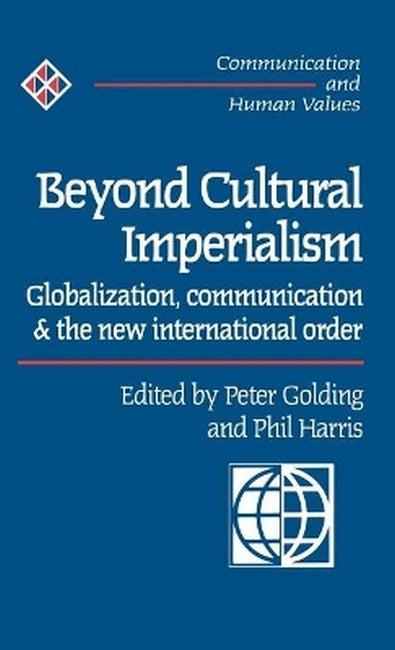Peter Golding was Professor of Sociology at Loughborough University from 1990 until coming to Northumbria in August 2010. He was Head of Social Sciences at Loughborough from 1991-2006, and Pro Vice-Chancellor (Research) 2006-2009. He was a member of the national Research Assessment Exercise panel for communications, media and cultural studies in 1996 and 2001, and its Chair in 2008, Vice-Chair of the ESRC postgraduate Recognition Panel for sociology and media and cultural studies, and chair of the HEFCE Media Studies Advisory Committee. He is an editor of the European Journal of Communication, Hon. Chair of the European Sociological Association Media Research Network, and was Co-Chair of the European Science Foundation Programme 'Changing Media, Changing Europe'. He was founder Chair of the subject association for his field, from 1993-1999, since when he has been Hon. Sec. of its successor body, the Media, Communication and Cultural Studies Association, and is a member of the UK UNESCO Commission Communications and Information Committee. Professor Golding has been a Visiting Professor at universities in Switzerland, New Zealand, Japan, Estonia and Brazil and has lectured and taught in over 20 countries.
Request Academic Copy
Please copy the ISBN for submitting review copy form
Description
Foreword - Peter Golding and Phil Harris Introduction - Peter Golding and Phil Harris Reflections on the International System - Samir Amin States of the State and Third Worlds - Tony Barnett The Many Cultural Faces of Imperialism - Annabelle Sreberny-Mohammadi MacBride with Hindsight - Cees Hamelink The Western World and the NWICO - Colleen Roach United They Stand? From Optimism to Reality - Mohammed Musa An Overview of Third World News Agencies Communication and Global Security - Phil Harris The Challenge for the Next Millennium An Inclusive NWICO - Pradip N Thomas Cultural Resilience and Popular Resistance The Future of the Debate - Richard C Vincent Setting an Agenda for a New World Information and Communication Order: Ten Proposals
`Once one gets beyond the excellently provocative introductions.... a thoughtful reflection on the concept of the state in the context of post-colonial realities and a very uesful historical investigation of imperialism as cultural contact, which in a very timely way calls for the cross-fertilisaton of debates in international communiction by post-colonial studies, the remaining six chapters all analyse the hopes and failings of NWICO [New World Information and Communication Order] from a number of perspectives. These are very useful in their own right - what went wrong and how a new order might be activated' - Media Development

